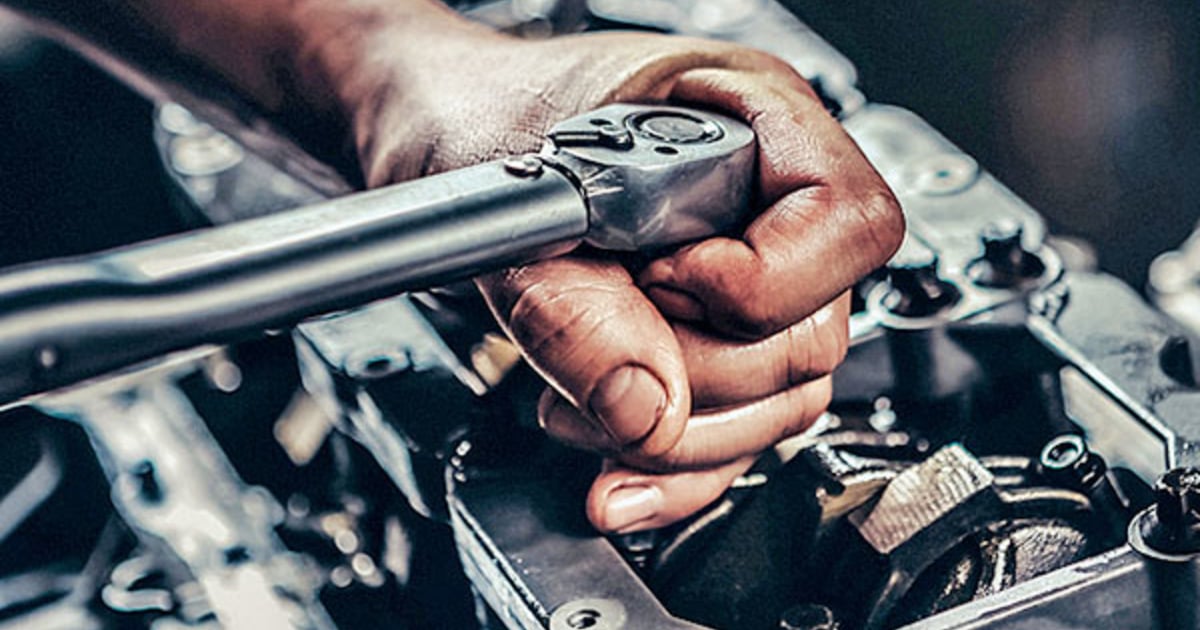
WASHINGTON — U.S. Rep. Neal Dunn, R-Fla., reintroduced a bipartisan bill Thursday mandating that vehicle owners and independent repair shops have the same access to repair and maintenance tools and data as automakers and their franchised dealerships.
The bill — known as the Right to Equitable and Professional Auto Industry Repair Act — was previously introduced last year by Illinois Democratic Rep. Bobby Rush, who retired after his term ended Jan. 4.
The legislation would require all tools and equipment, wireless transmission of repair and diagnostic data and telematics systems needed for vehicle repairs be made available to the independent repair industry.
To ensure cybersecurity, it would allow automakers to secure vehicle-generated data and require NHTSA to develop standards for how that data can be accessed securely.
The bill would create a stakeholder committee with the authority to provide recommendations to the Federal Trade Commission on addressing barriers to vehicle repairs. It also would establish a process for consumers and independent repair shops to file complaints with the FTC.
“When it comes to repairing their automobiles, consumers deserve options,” Rep. Dunn said in a statement.
The bill is cosponsored by Republican Rep. Warren Davidson of Ohio and Democratic Reps. Brendan Boyle of Pennsylvania and Marie Gluesenkamp Perez of Washington.
The legislation also is backed by major players in the automotive aftermarket and repair industries, including MEMA Aftermarket, Auto Care Association and Specialty Equipment Market Association.
The bill’s reintroduction adds fuel to an already heated issue that has pitted automakers against independent repair shops and aftermarket parts retailers, despite a memorandum of understanding signed by those key stakeholders in 2014.
That agreement, which came about after Massachusetts passed its own automotive right-to-repair law in 2013, gave shops in all states the same access to diagnostic and repair information.
The Alliance for Automotive Innovation, which represents major automakers in the U.S., did not immediately respond to a request for comment.
The group previously has said the industry “continues its long-standing commitment to consumer choice for vehicle repairs.”
“And that commitment remains the gold standard for other industries, with competition thriving as the aftermarket performs 70 percent of post-warranty work on today’s vehicles,” John Bozzella, CEO of the alliance, said in a statement to Automotive News last year. “Our national [memorandum of understanding] continues to work and ensures that all information needed to repair and diagnose a vehicle is available.”
The alliance is representing automakers in Massachusetts to block a voter-approved measure that revised and expanded the state’s existing right-to-repair law. The group has argued the state’s amended law conflicts with several federal laws, poses cybersecurity and vehicle safety risks and sets an impossible timeline for compliance.
The measure — referred to as the “data access law” in the suit — requires automakers with sales operations in the state to equip vehicles that use telematics systems with a standardized, open-access data platform, beginning with the 2022 model year. It also gives vehicle owners and independent repair shops access to real-time information from the telematics, such as crash notifications, remote diagnostics and navigation.
A similar ballot initiative, backed by automotive aftermarket companies, is underway in Maine.
“Automotive right to repair already exists and always will,” the alliance argued in a memo against the Maine initiative. “Unlimited access by national aftermarket manufacturers and retailers to your vehicle telematic data is not right to repair.”